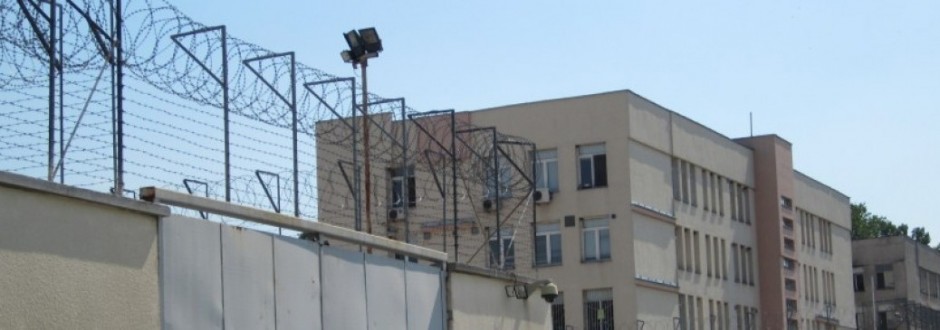According to the State Agency for Refugees (SAR), 19,418 asylum applications were registered in Bulgaria (mainly by Afghan, Syrians and Iraqi nationals) last year. From all Afghan asylum seekers, 2,5% of them got a positive decision. Currently, the SAR suggests that 3,728 asylum seekers are accommodated in the open centers and the Migration Directorate of the Ministry of Interior stated that 984 are living in “closed-type“ centers. Now, two reception centers, managed by the SAR, are existing as closed centers: One part of the center in the outskirt of Harmanli, which opened after the riot in November 2016 and another one opened in the same center already in August.
At the beginning of this month, the European Council on Refugees and Exiles (ECRE) published an update of their Bulgarian report, which was done by the Bulgarian Helsinki Committee (BHC). In terms of integration support, the published report speaks about 2016 as a third “zero integration“ year. Bordermonitoring Bulgaria (BMB) asked the Bulgarian Red Cross recently about a pilot project which was in force between August 2015 and June 2016. It was created to support housing for refugees. During this time only seven refugees profited from that program. In December 2016, the Human Rights Committee ruled out that a Syrian family, currently living in Denmark with a Bulgarian residence permit, would not be protected concerning “accessing health care, or risks of destitution and hardship“ in Bulgaria. In the paper, a report of BMB was cited.
Until today, the situation regarding to access to territory has not changed, too. The Bulgarian police still continues to “apprehend irregular arrivals, to fingerprint and detain them for deportation“, one could read in the report of ECRE. In addition, the BHC registered an increasing number of violent push-backs in 2016.
